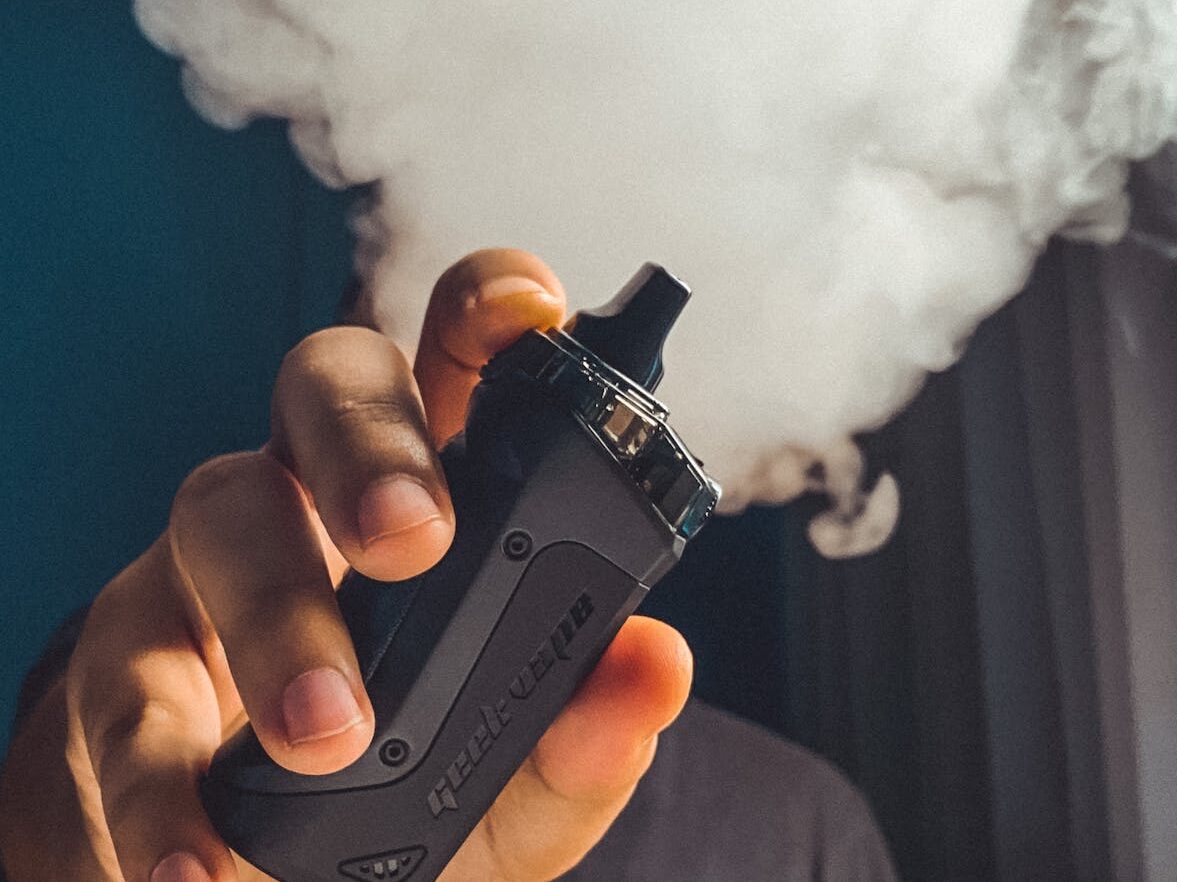12/11/2023
Currently, 35 million people around the world vape. This is despite the surge of EVALI (e-cigarette or vape-associated lung injury) deaths in 2020 and the severe health hazards associated with them. However, their harmful power extends far beyond the user. Those most vulnerable to the detriments of vaping are not vape users at all, but mining communities in the Democratic Republic of Congo (DRC).
Cobalt is required for the production of lithium-ion batteries present within vapes. With four million metric tons residing in its soil, Congo happens to contain the world’s richest supply of the mineral. About 30 percent of this cobalt is extracted by non-professional, everyday people referred to as “artisanal miners”. Mining is a brutal task on its own. On top of that, these miners have no training, no protective gear, and no professional equipment. Additionally, cobalt is a toxic substance. For humans, only 7 micrograms/liter causes systemic toxicity in multiple organs, which is far more than an artisanal miner is exposed to on a day-to-day basis. Further, these miners use nothing but their bare hands and shovels to create tunnels and remove cobalt. Come rain, sleet, or shine, they subject themselves to treacherous conditions and hours of strenuous labor only to make the equivalent of a dollar or two a day.
Siddarth Karma, a Harvard researcher studying modern-day slavery, called the conditions in which artisanal miners work “subhuman”, “grinding,” and “degrading.” This system thrives off of human exploitation which is made especially evident by the fact that children make up a large percentage of artisanal miners. Just this year, an estimated 25,000 children were working as artisanal cobalt miners.
It may not be obvious why so many people, including children, would be willing to participate in such a dangerous job. The answer is simple: they need the money. In an interview with the New Yorker, one such miner stated, “To be scared, you must first have means.” Despite its vast amount of commercially precious resources, Congo is one of the poorest countries in the world due in part to systems like the cobalt mining industry. Historically, Congo has never been able to reap the riches provided by its bountiful land. As early as 1885, the DRC was colonized by Belgium and forfeited control of its copper mines.
While the type of mineral and the colonizing countries have shifted throughout the years, the pattern of exploitation has remained the same. First, a wealthy country takes land from Congo and decimates the surrounding landscape and communities to create a mine. Then, the colonizing country takes the minerals. Local laborers make little to nothing for their work and the DRC receives no revenue, ultimately allowing the cycle to continue. One article published in February of this year shows how the increasing number of cobalt mines are “swallowing communities” in Congo, displacing people who do not have the means to build new lives.
Vapes are far from the only products contributing to these atrocities. Big tech companies also rely on cobalt to create lithium-ion batteries. While they are complicit in this crisis and must be held responsible, the most impacting way to impart change now is to quit vaping. This is due to the single-use nature of vapes. Whereas smart devices last for many years, vapes have a very short shelf life. In the UK alone, a whopping five million vapes are disposed of in one week, equivalent to eight vapes being thrown away per second. Around the world, 35 million people have the power to do some good. One person’s decision to stop vaping could get those in Congo one step closer to the justice they deserve.
For further information regarding cobalt mining, VCE editor Janessi Diaz recommends viewing the following:

